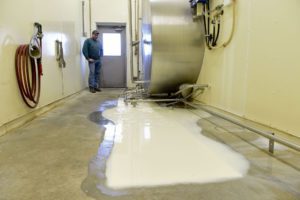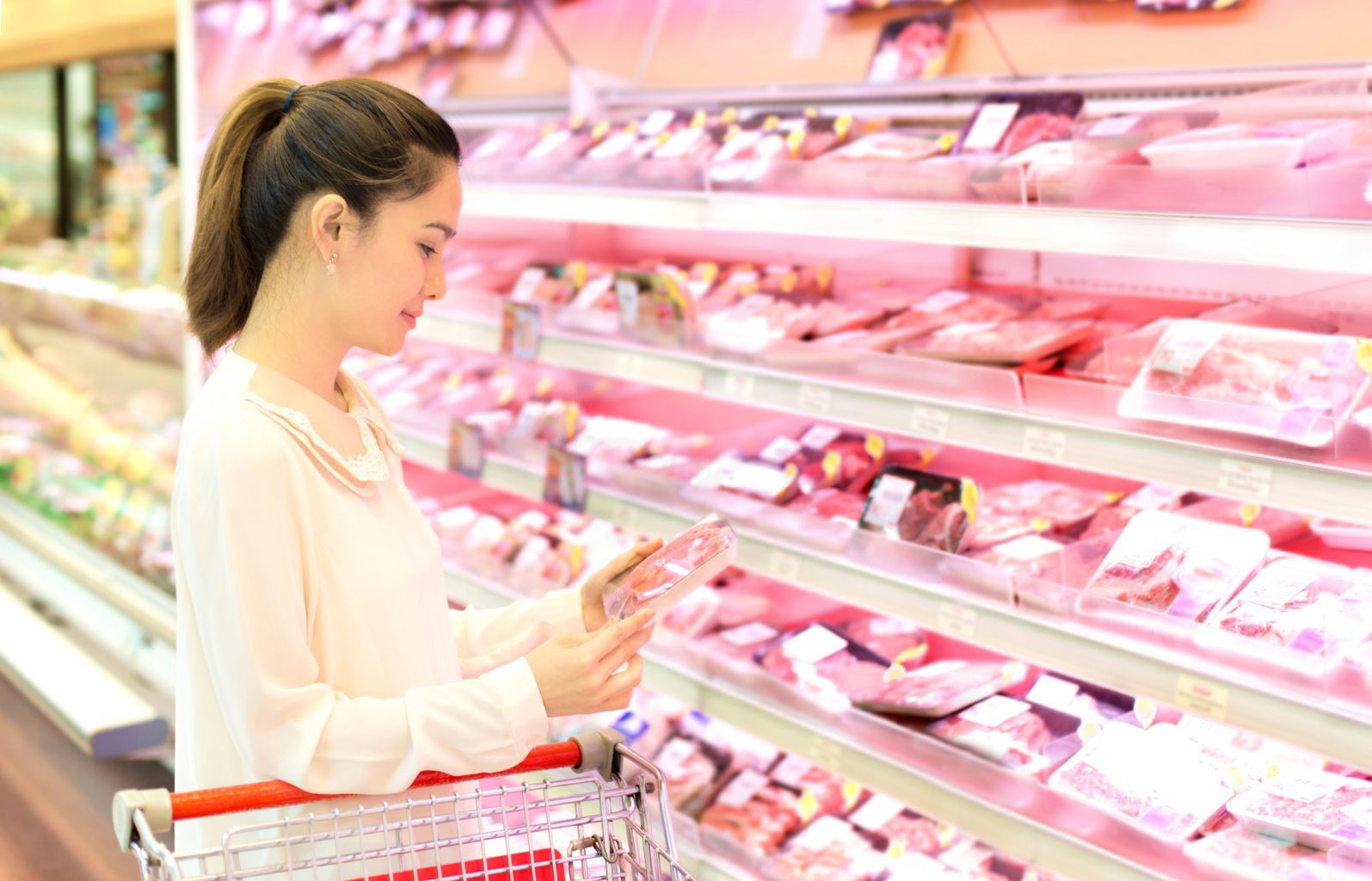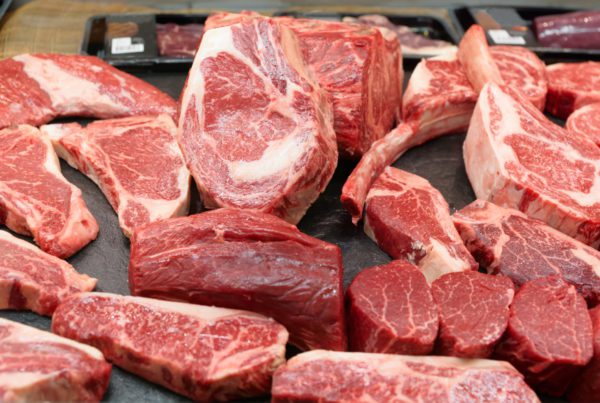President Trump has declared meat-packing plants to be essential infrastructure and ordered them to stay open despite the outbreaks of Coronavirus that plague close quarters workers. Currently, 3,300 meat-packing plant workers have tested positive for COVID-19 with 20 of them dying, leading to 22 plants closing across the country. The protocols in place for these areas are often ineffective against an outbreak as the close position of the workers to each other and a lack of personal protective equipment for workers turn infected plants into outbreaks. As workers are often hourly and low paid employees, they tend to be unable to miss work to see a doctor, and they’re even less likely to take time off in cases of self-quarantine.
The United Food and Commercial Workers Union explain the workers’ position as “risk my health or lose my job” in this trying time. However, both sides of the argument are eager to see plants reopen. Workers are ready to return with adequate PPE and updated standards in the plant and generous medical support and testing as needed. The authorization of the Defense Production Act to open the plants has been met with resistance concerning whether workers will have any legal recourse for poor conditions leading to their infection. It’s expected this proclamation will lead to legal cover for the companies.
Closing these plants is an extreme clog in the supply chain. Ranchers can’t get their cattle and hogs sold and stores can’t buy prepackaged meats if there’s nobody to harvest and distribute, thus grinding the whole process to a halt. We don’t think of livestock has having a short window for processing, but actually only a few week disruption in the process can lead to millions of animals being wasted. These types of closures put the whole supply chain at risk and lead to extreme imbalances in supply versus demand. While supply may equal demand, if you can’t get the supply to the place where it is demanded, the supply is useless.

Because the supply has no place to go, many ranchers are facing volatile cattle prices in the current market, and herds are being culled because they require significant cash to feed, transport, and store if they can’t be harvested. Current estimates put the hogs culled at 160,000/day with beef and poultry also being euthanized for a lack of anywhere else it can go. Not only are the animals being culled, but the reduction in stores and restaurant purchases has also driven 5% of the US milk supply to be poured out for want of buyers.
It’s a precarious position in which to place a meat-packing plant, which has both an obligation to profit, but also to provide secure conditions for workers. If they can manage to provide adequate PPE and testing, reopening these plants will avoid sending the US food market into further disarray, but if they rush ahead without proper planning we could see infection rates spike, food distribution falter and more market uncertainty.
If you’re looking for a company to help you weather these trying times and move your meat and protein shipments, CFI has the equipment, network, and connections you need to remain competitive. You can reach out to us for more details.



